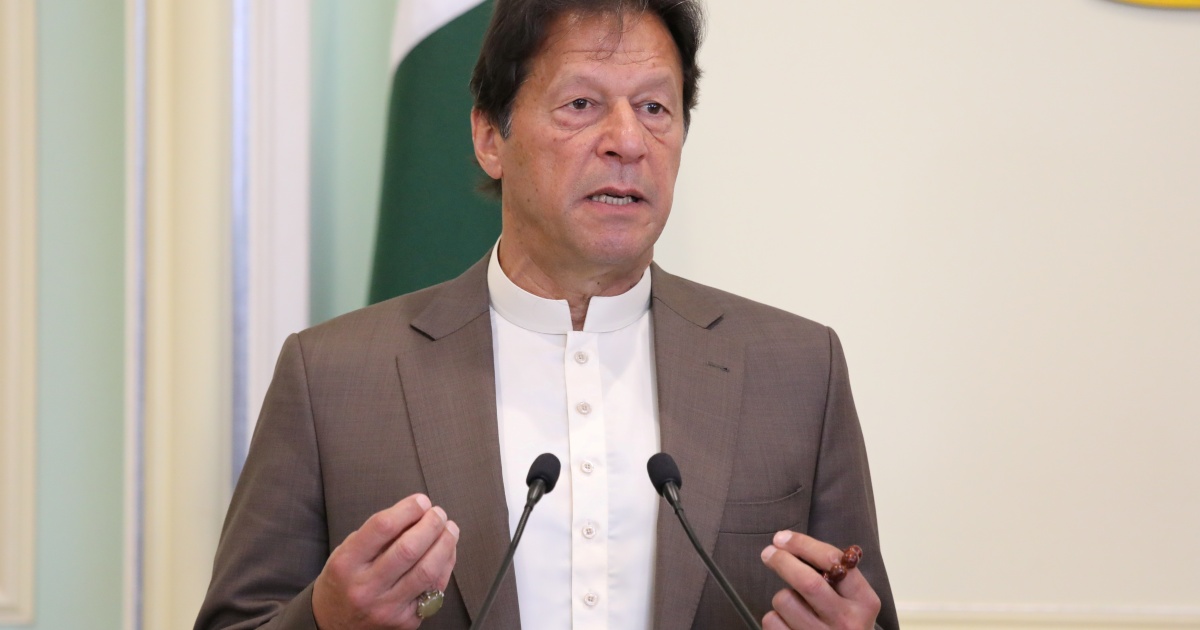
There have been numerous cases of abductions and forced conversions of underage girls, particularly in Sindh. The police, the justice system, and the entire administrative machinery appear to be either complicit or helpless in such matters. Apart from the usual condemnations, no political party has given the issue the attention it needs. This is a collective failure of a system that promotes hatred, misogyny, and patriarchy. Such discrimination and hatred does not breed in a vacuum. It is created, nurtured and then spread across the country. More than anything else, state policies over the years have added to the increasing crimes against women and religious minorities and the subsequent apathy when such crimes are highlighted.
While Pakistan’s government has rightly been calling out Islamophobia in the West, it also needs to decide how it can provide for its own minorities the rights it demands for its people in other countries. To be treated with respect, practise one’s faith without fear, not be forcibly converted or married, to be able to worship safely – these are the basic rights any minority community should have in any country, including Pakistan. Essentially, the state should make sure that religious minorities and women enjoy equal rights in all spheres of life, as has been guaranteed by the country’s constitution. In this, the landmark 2014 Supreme Court judgment under CJ Tassaduq Jillani must be revisited. The judgment made specific recommendations to protect the rights of minorities and issued a general critique of a state that has not followed its duty to protect the most vulnerable among us. Among the actions it demanded the government take was to train a special security force to provide protection to places of worship of minority communities, and textbooks that teach tolerance and inclusiveness rather than hate. To put these and other recommendations into effect, the court called for the constitution of a task force. Unfortunately, crimes against religious minorities have continued. Persecution of vulnerable segments of society has become a norm in Pakistan and there is a need for serious and urgent action in this matter. And merely legislating these issues will not win us this battle against intolerance and bigotry. In fact, more often than not the law has been weaponised to cower into submission not just minorities but anyone who dare stand up for their rights. It is long past time for rule of law to be upheld and for the state to show that it treats everyone equally regardless of creed.






